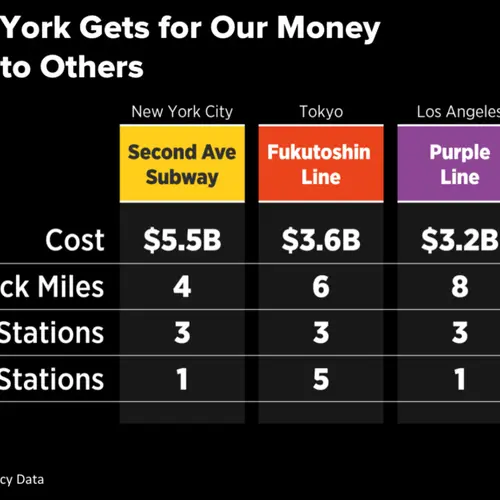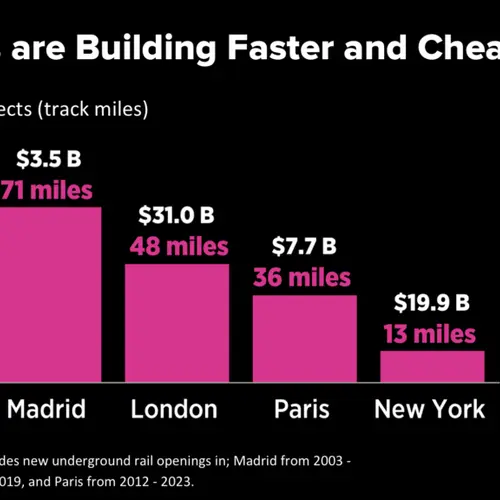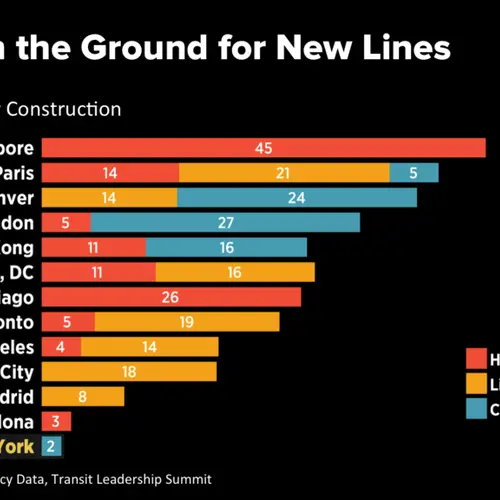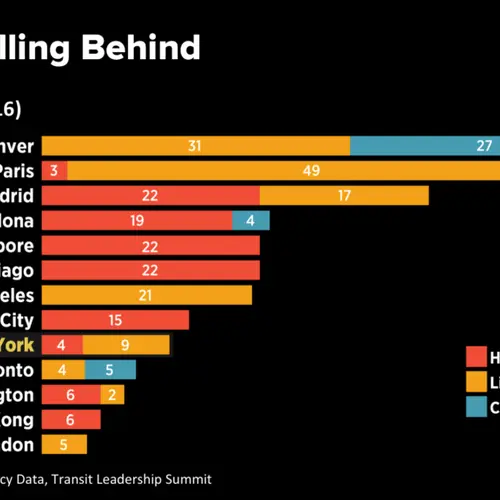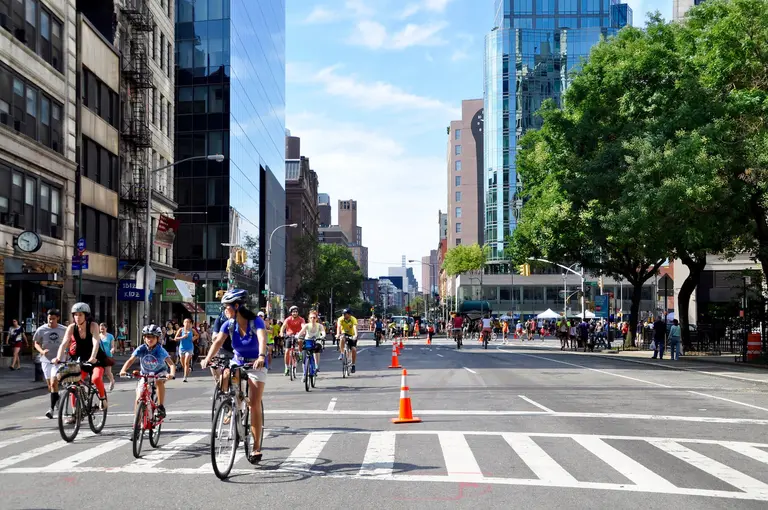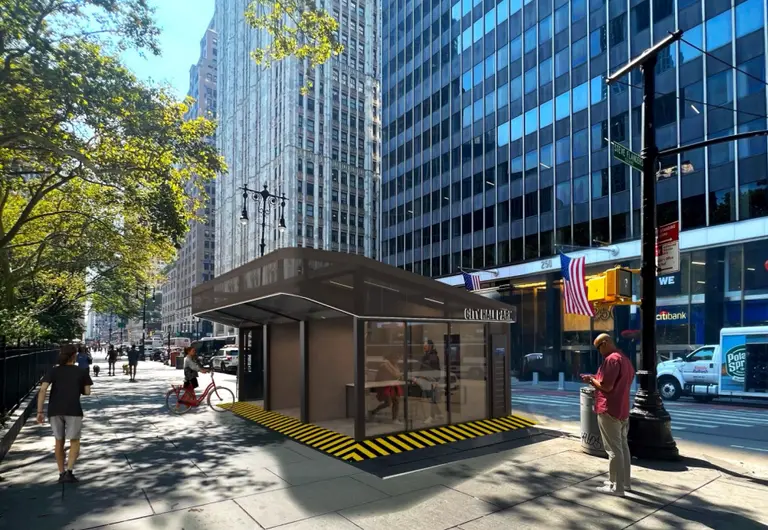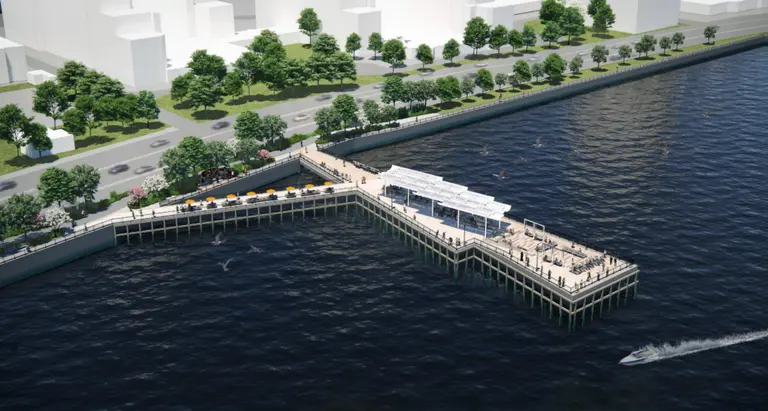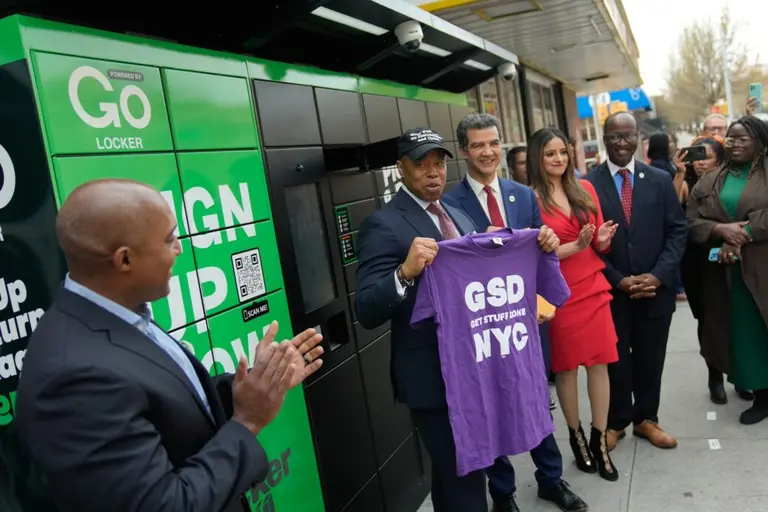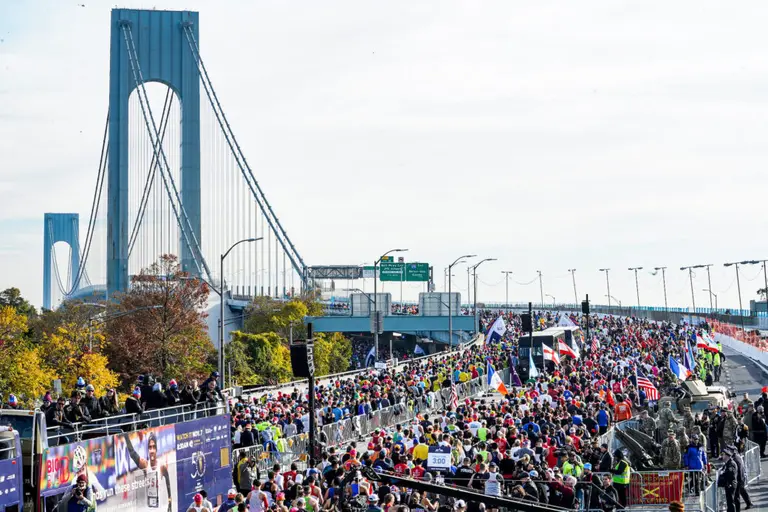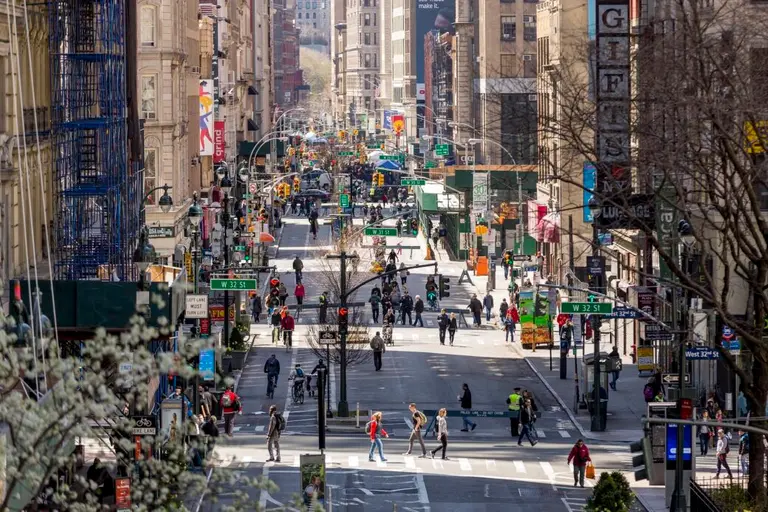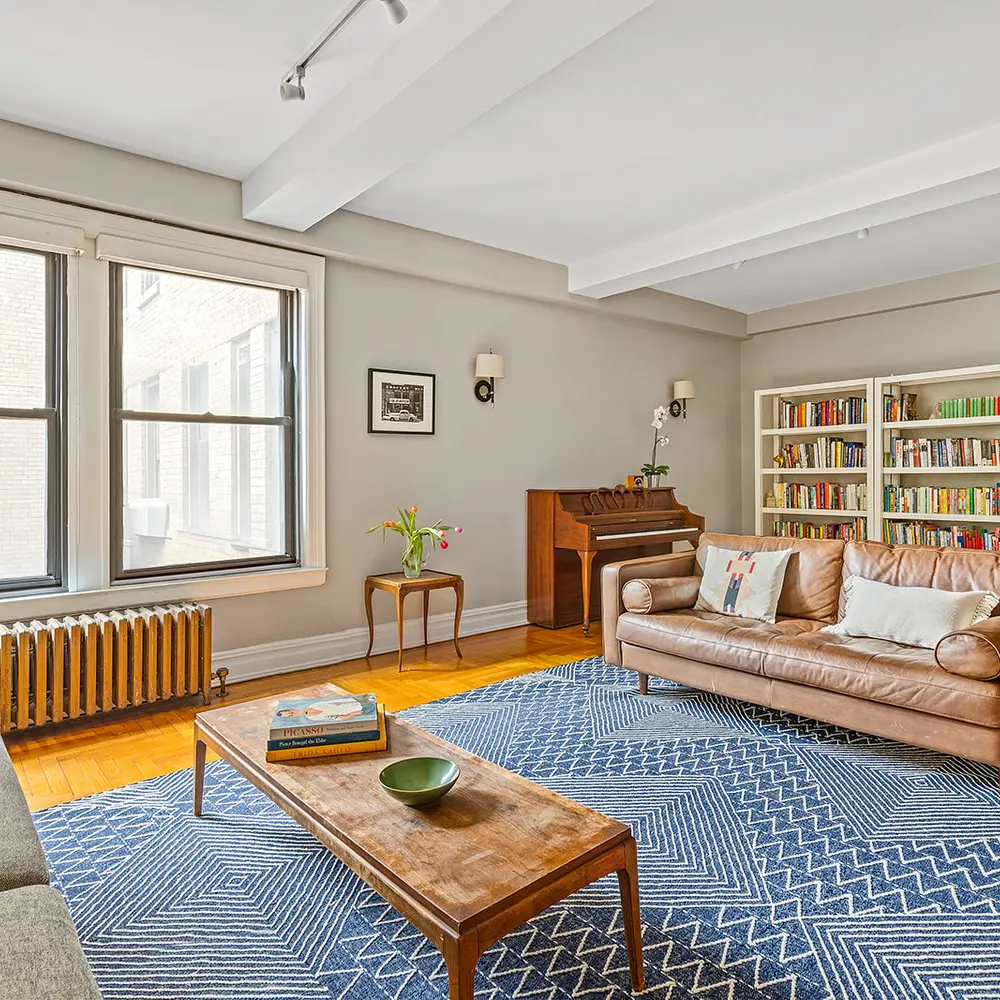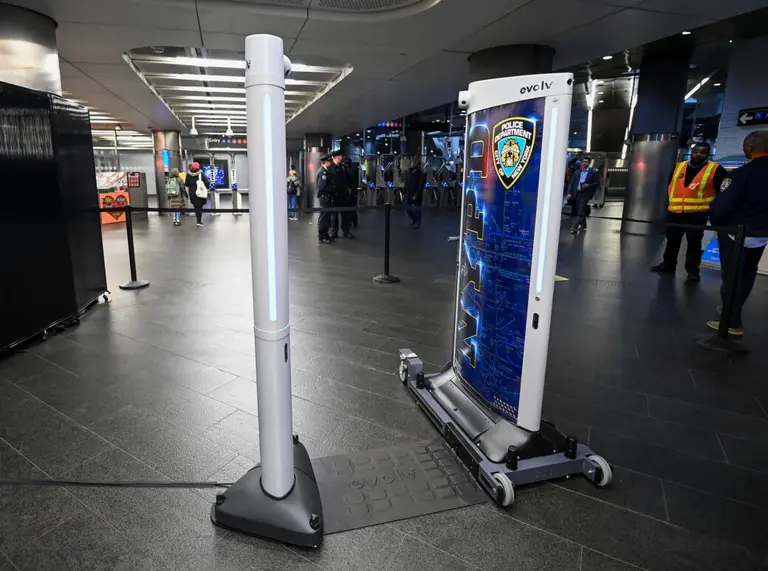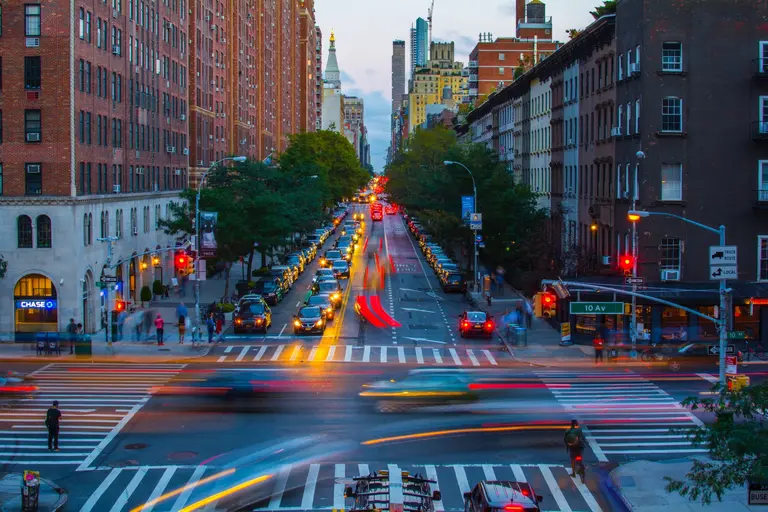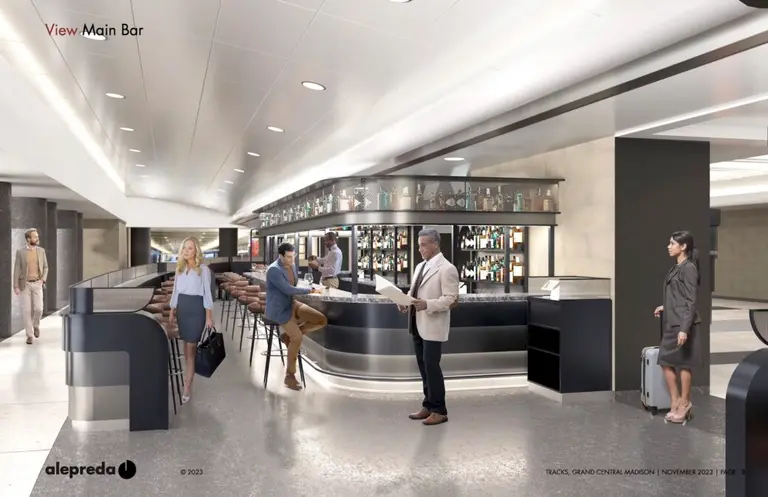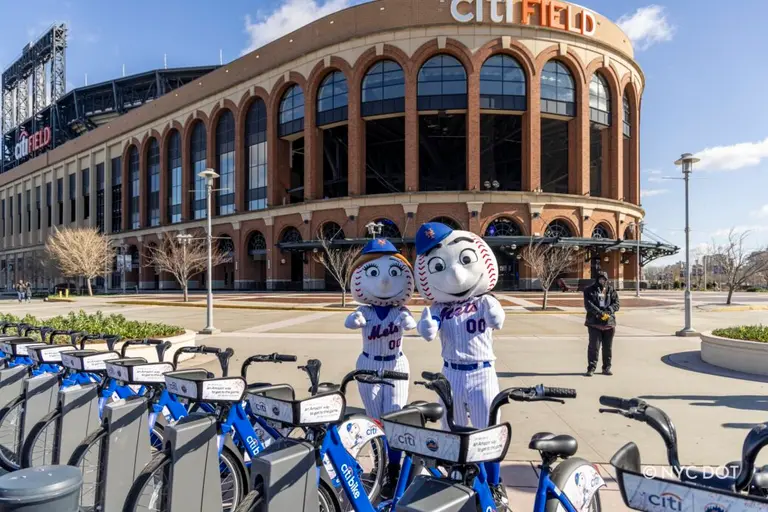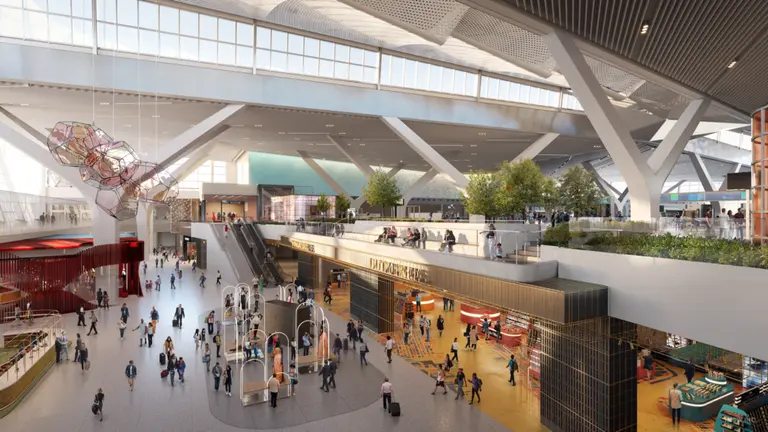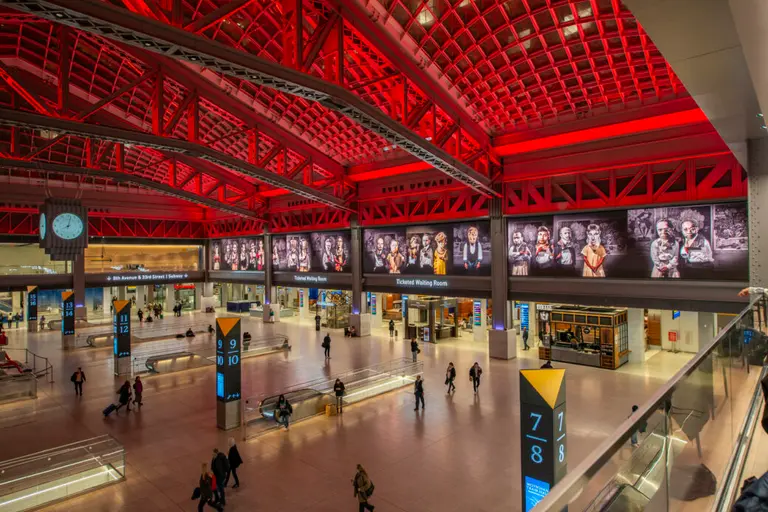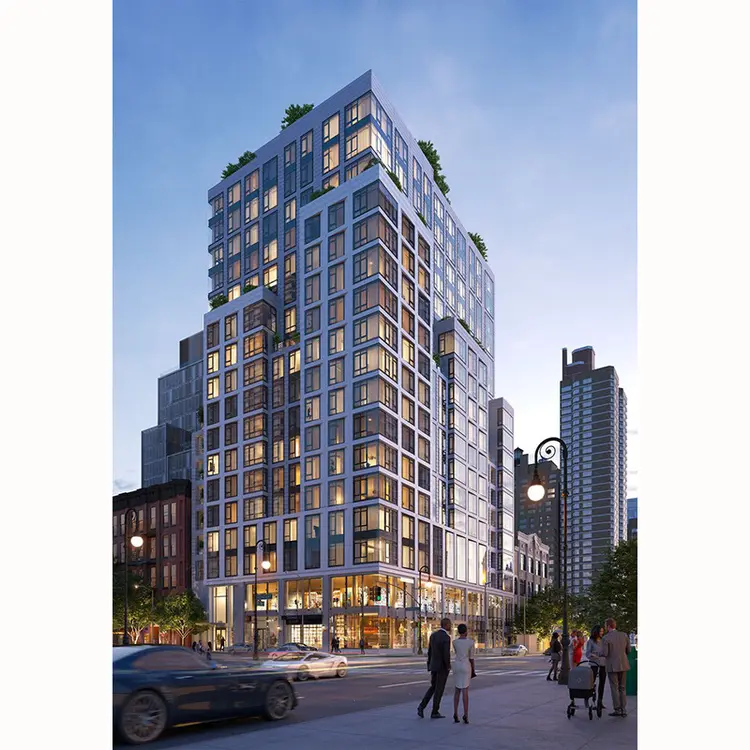Costly and inefficient construction is causing NYC’s subway system to lag (STUDY)
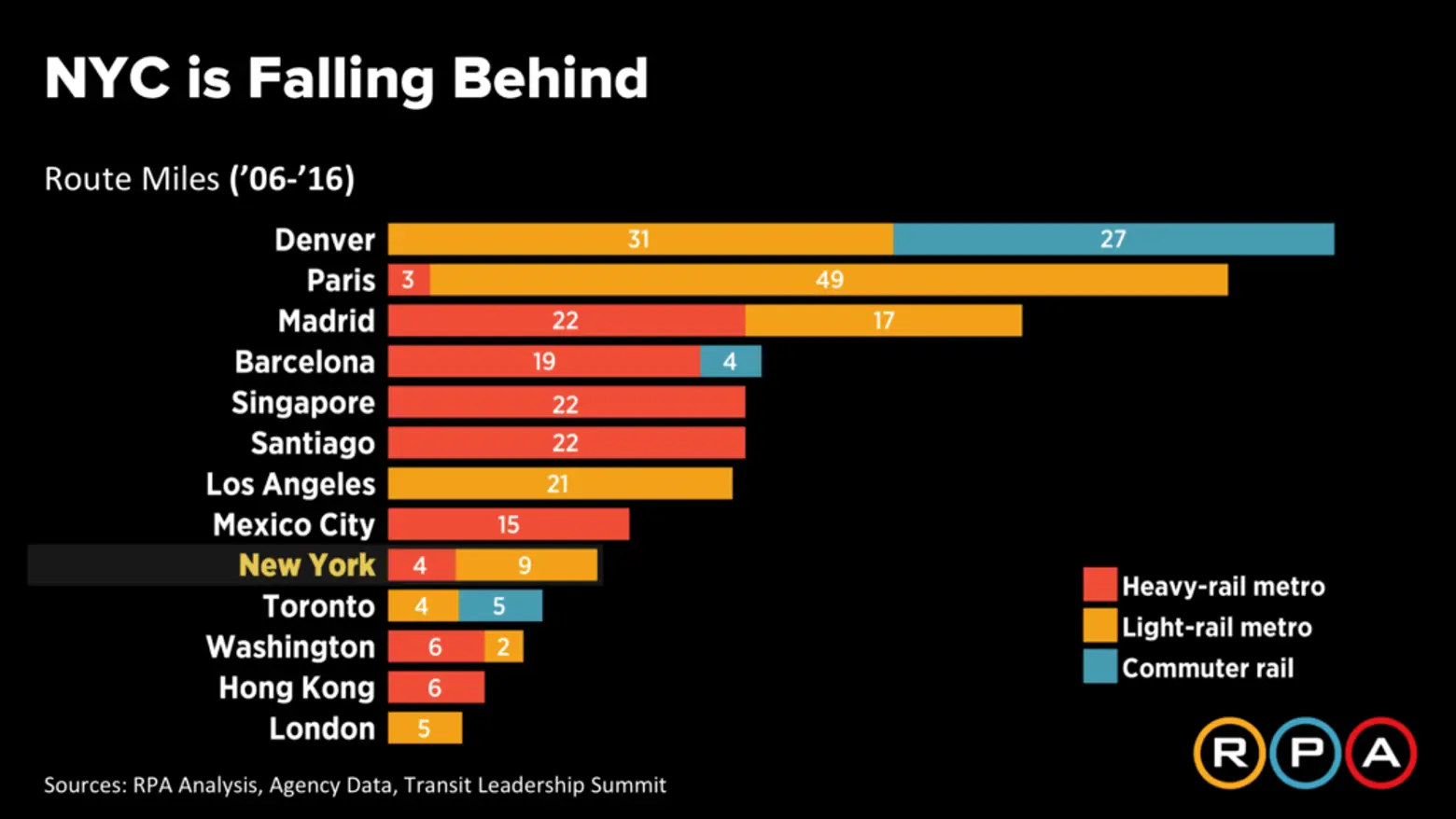
As the nation’s largest transit system, the New York City subway helps connect millions of people to its five far-reaching boroughs each day. While it has helped shaped the city’s indisputable wealth, density and culture, the cost of subway construction remains incredibly expensive, with the time of projects taking much longer than they should. According to a study, “Building Big for Less,” by the Regional Plan Association Lab (RPA), with the exception of a few minor projects, New York’s subway system peak performance was in 1937. Since the 1930s, there has been little increase in system capacity and today there are fewer miles of track and commuter rail than in 1937. RPA’s study focused on NYC and other world capitals in order to compare transit data on a large scale.
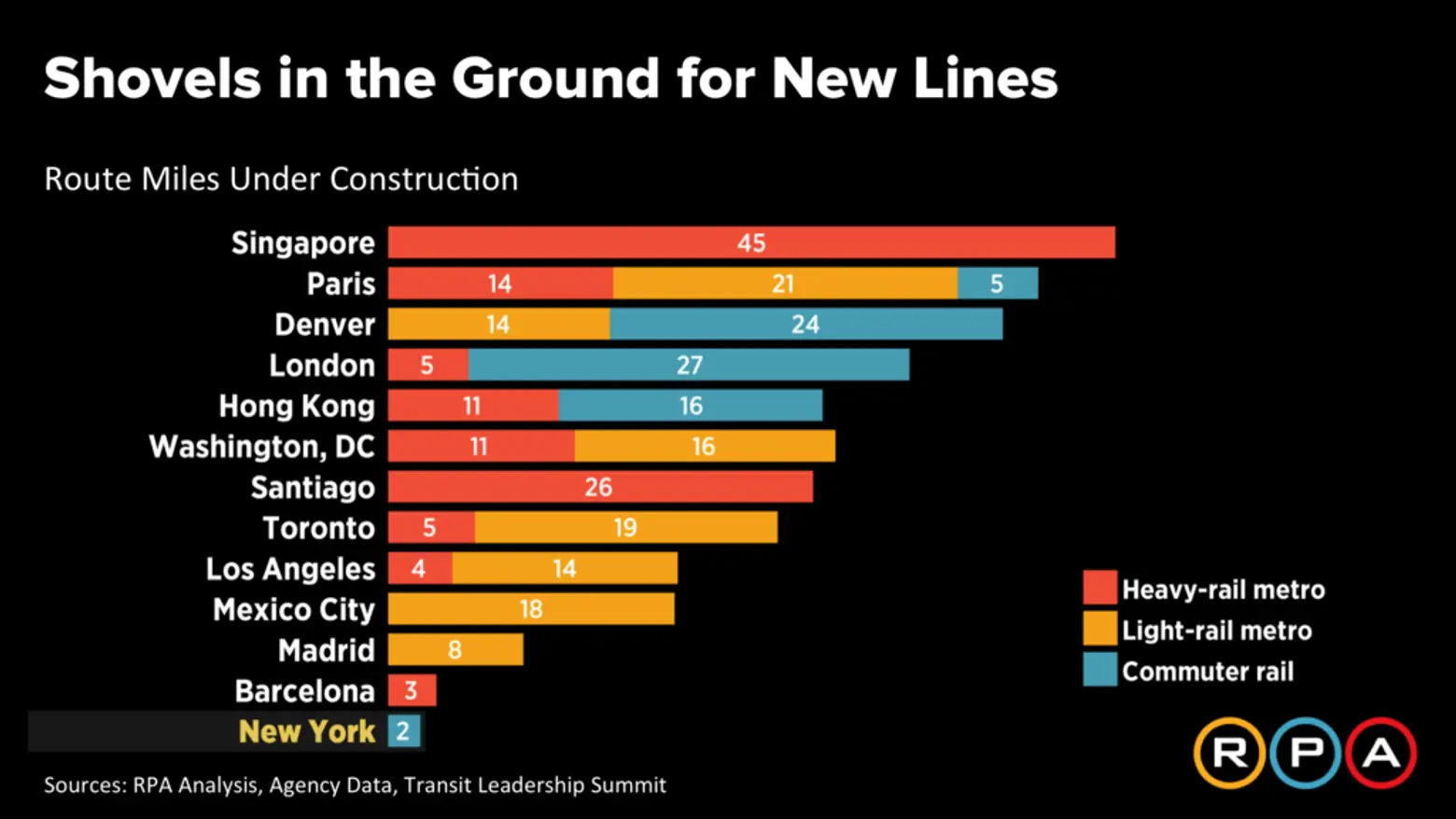
The data revealed that New York is falling behind and no longer leads in building new track miles. In total route miles constructed from 2006 to 2016, Denver, a city relatively new to public transportation, ranks first with most miles constructed. New York can be found near the bottom of the pack, below similarly dense cities like Paris and Los Angeles. When looking at route miles currently under construction, New York comes in last with just two miles. Singapore leads the way, followed by Paris.
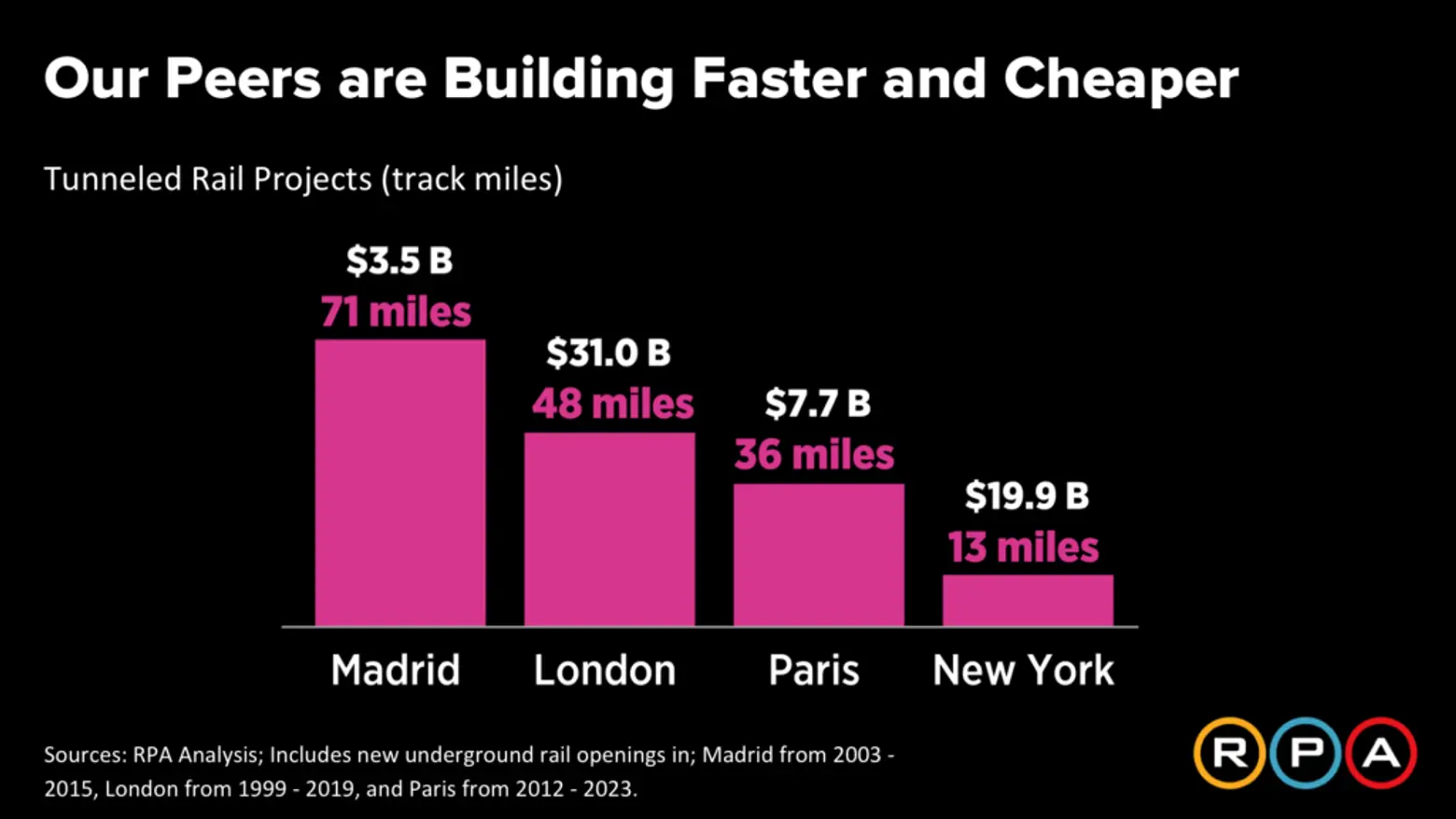
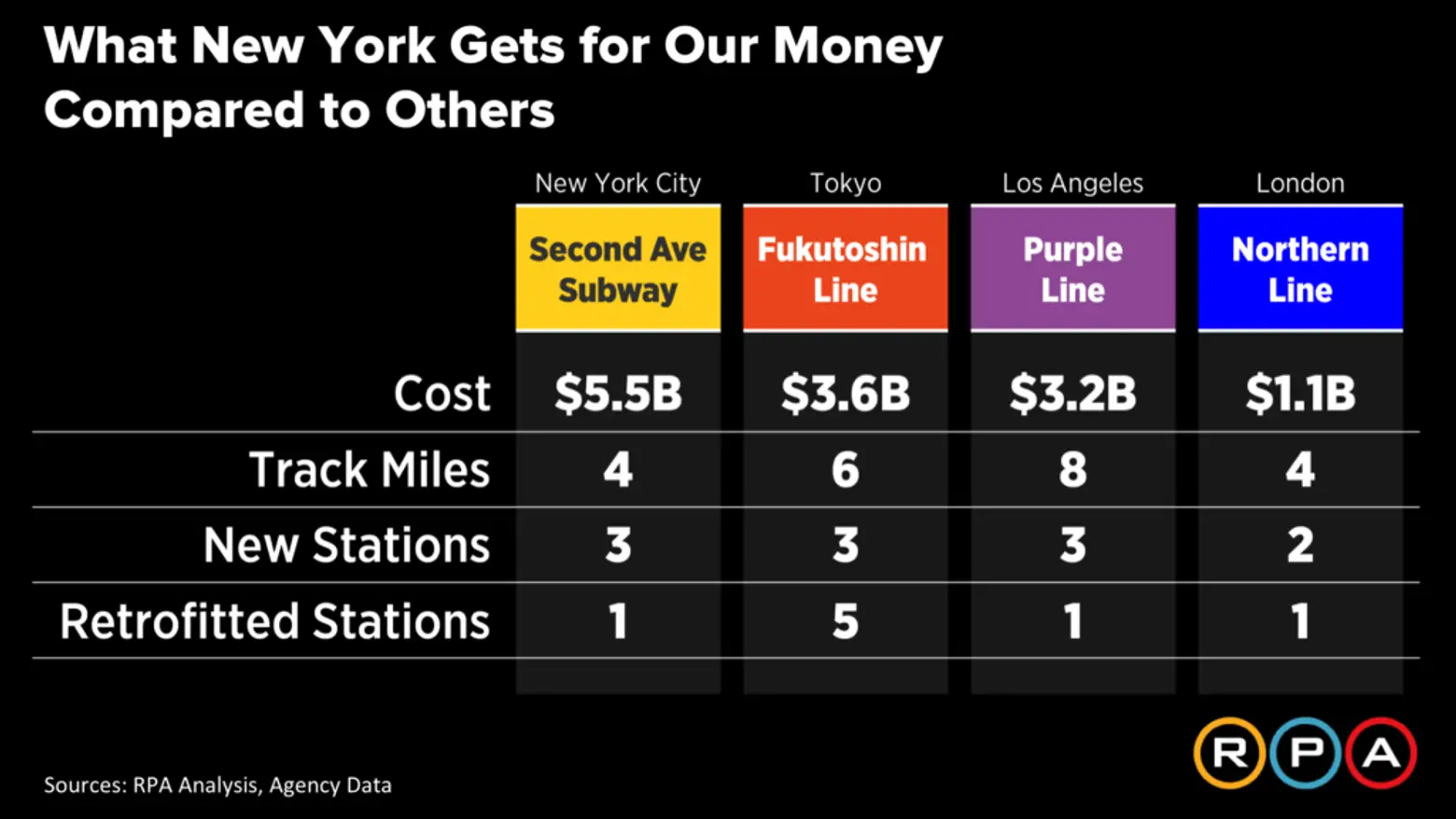
According to RPA, our global peers are building new transit projects faster and at a cheaper rate. Madrid ranks first having built 71 miles for $3.5 billion. New York’s 13 miles of rail cost $20 billion. In one chart, the group compared what New York gets for its money compared to others. For example, the Second Avenue Subway, the most expensive subway extension ever at $807 million per track mile, only spans four miles. London’s Northern Line extension to Battersea cost $124 million per track mile for the same four miles.
[Via RPA Lab]
RELATED:
- MTA announces six-point plan to combat subway delays and improve service
- Amtrak may relocate to Grand Central as Penn Station undergoes repairs
- Nearly 80 percent of subway escalators and elevators don’t receive necessary maintenance
All charts courtesy of RPA Lab
